Your skin is a reflection of your overall health, and what you eat plays a crucial role in determining its appearance. When it comes to pigmentation – those pesky dark spots and uneven skin tone – can be a result of your diet. Yes, Do you know that there is a diet for pigmentation on face.
The connection between diet and pigmentation is more than skin deep. It’s a fascinating interplay of nutrients, antioxidants, and biological processes that can either exacerbate or alleviate skin discoloration. From the protective powers of vitamin C to the surprising effects of dairy on your skin, what you put on your plate can have a dramatic impact on what you see in the mirror.
Whether you’re dealing with sun spots, melasma, or post-inflammatory hyperpigmentation, this diet-focused approach could be the missing piece in your skincare puzzle.
Let’s deep dive into diet for pigmentation on face-
How does diet affect Pigmentation?
You might be wondering, how can diet affect pigmentation. Well, eating good food has always its own perks like-
1. Antioxidant-
Foods rich in antioxidants helps to protect the skin from oxidative stress. Key antioxidant-rich foods include:
- Berries
- Citrus fruits
- Green leafy vegetables like spinach and kale
- Pomegranates
2. Vitamins and Minerals-
There are certain vitamins and minerals that helps to keep your skin healthy:
- Vitamin C helps inhibit melanin production and provides antioxidant protection
- Vitamin E protects against free radical damage.
3. Omega-3 Fatty Acids-
Found in fatty fish like salmon, omega-3s have anti-inflammatory properties that may help reduce hyperpigmentation
Best Food that helps to remove Pigmentation
1. Nuts-
Nuts are powerhouses of nutrients that can help reduce skin pigmentation. They are rich in vitamin E, selenium, and omega-3 fatty acids, which protect the skin from oxidative stress and promote overall skin health.
Nutrient content:
- Vitamin E: 7.4 mg per 1 oz of almonds
- Selenium: 19 mcg per 1 oz of Brazil nuts
- Omega-3 fatty acids: 2.5 g per 1 oz of walnuts
How much to consume: Consume a handful (about 1 oz or 28 g) of mixed nuts daily for optimal benefits.
2. Pomegranate-
Pomegranate is a superfood for treating skin discoloration. It contains polyphenols that protect against sun-induced skin aging and has antioxidant properties that help reduce stress.
Nutrient content:
- Polyphenols: 124 mg per 100 g
- Vitamin C: 10.2 mg per 100 g
How much to consume: Consume 1/2 to 1 cup of pomegranate arils daily or drink 1 glass of pure pomegranate juice.
3. Tomatoes-
Tomatoes are rich in lycopene, an antioxidant that may contribute to skin protection. Cooking tomatoes can enhance the absorption of lycopene.
Nutrient content:
- Lycopene: 2.5 mg per 100 g (raw)
- Vitamin C: 14 mg per 100 g
How much to consume: Consume 1-2 medium tomatoes daily, or include 1/2 cup of tomato sauce in your meals.
4. Carrot-
Carrots are rich in beta-carotene, which the body converts to vitamin A. This nutrient is crucial for skin cell regeneration and can help reduce pigmentation and get glowing skin.
Nutrient content:
- Beta-carotene: 8285 mcg per 100 g
- Vitamin A: 835 mcg RAE per 100 g
How much to consume: Eat 1 medium carrot daily or include 1/2 cup of cooked carrots in your meals.
5. Sweet Potatoes-
Sweet potatoes are another excellent source of beta-carotene. This antioxidant helps protect the skin from UV damage and promotes even skin tone.
Nutrient content:
- Beta-carotene: 13120 mcg per 100 g
- Vitamin C: 2.4 mg per 100 g
How much to consume: Consume 1/2 to 1 medium sweet potato 3-4 times a week.
6. Papaya-
Papaya contains the enzyme papain, which is an excellent exfoliator. It may help reduce melanin production in the skin over time.
Nutrient content:
- Vitamin C: 168 mg per medium fruit
- Vitamin A: 1680 IU per medium fruit
How much to consume: Eat 1/2 to 1 cup of fresh papaya 3-4 times a week.
7. Avocado-
Avocados are rich in healthy fats and help the body absorb fat-soluble vitamins like Vitamin A, which promotes cellular turnover.
Nutrient content:
- Vitamin E: 2.7 mg per 100 g
- Vitamin C: 10 mg per 100 g
How much to consume: Consume 1/4 to 1/2 of an avocado daily.
8. Cucumber and Lemon-
Cucumber has a cooling effect on the skin, while lemon is rich in vitamin C, which can help reduce pigmentation.
Nutrient content:
- Vitamin C (lemon): 53 mg per 100 g
- Vitamin K (cucumber): 16.4 mcg per 100 g
How much to consume: Add 1/2 cucumber and the juice of 1/2 lemon to your daily water intake.
9. Almonds-
Almonds are rich in vitamin E, which protects the skin from oxidative damage and may help reduce pigmentation.
Nutrient content:
- Vitamin E: 26.2 mg per 100 g
- Magnesium: 270 mg per 100 g
How much to consume: Consume 5-10 soaked almonds daily.
10. Water-
While not a food, proper hydration is crucial for maintaining healthy skin and can help reduce pigmentation by flushing out toxins.
How much to consume: Drink at least 8 glasses (64 oz) of water daily.
Which type of Diet causes Pigmentation?
1. Sugar-
Excessive sugar consumption can lead to skin pigmentation through a process called glycation. When you consume sugar, it binds to proteins in your body, forming advanced glycation end products.
How sugar causes pigmentation:
- Triggers inflammation in the body
- Increases oxidative stress
- Breaks down collagen, leading to uneven skin texture
- May exacerbate existing skin conditions like melasma
2. Alcohol-
Regular alcohol consumption can contribute to skin pigmentation issues in several ways.
Alcohol’s effects on pigmentation:
- Dehydrates the skin, making it more susceptible to sun damage.
- Dilates blood vessels, potentially leading to redness and uneven skin tone.
- Depletes essential nutrients needed for healthy skin.
- May trigger or worsen rosacea in some individuals.
Limiting alcohol intake and staying hydrated can help mitigate these effects.
3. Salt-
While salt doesn’t directly cause pigmentation, excessive sodium intake can indirectly affect skin health.
Salt’s impact on skin:
- Causes water retention, leading to puffiness and a dull complexion.
- May exacerbate inflammatory skin conditions
- Can disrupt the skin’s natural moisture balance.
4. Plain Carbs-
Refined carbohydrates, like white bread and pasta, can contribute to pigmentation issues similarly to sugar:
How plain carbs affect pigmentation:
- Quickly convert to glucose in the body, spiking insulin levels
- Promote inflammation and oxidative stress
- May exacerbate acne and other inflammatory skin conditions.
5. Dairy-
Dairy products have been linked to skin pigmentation issues, particularly in individuals prone to hormonal imbalances:
Dairy’s role in pigmentation:
- Contains growth hormones that may trigger excess sebum production
- Can exacerbate acne and inflammation in some individuals
- May contribute to hormonal imbalances that affect skin pigmentation.
Alternatives to consider:
- Plant-based milk alternatives (almond, oat, coconut)
- Fermented dairy products like kefir or yogurt, which may be better tolerated
So, above are the diet for pigmentation on face, which one should follow. The above food is rich in nutrients and helps to keep your face healthy and away from all the skin problems. Avoiding food that causes skin problems also helps to keep your skin healthy and reduce pigmentation.
How do you take care of pigmentation on face?
FAQ on Diet for pigmentation on face
1. What is Melanin?
Melanin is a substance that provides color to your hair, eyes and skin. They are the pigments that absorbs harmful UV rays and protects us from Sun.
2. Which drink is best for pigmentation?
Green tea is best to remove pigmentation. It is rich in antioxidants and helps to protect the skin from sun damage. Consuming Green tea helps to reverse the signs of aging.
3. Is there a way to reverse pigmentation on face?
The only way to reverse pigmentation on face is to use home remedies. Using home remedies like keeping your diet in check and using DIY face mask helps to keep your face skin healthy and glowing.

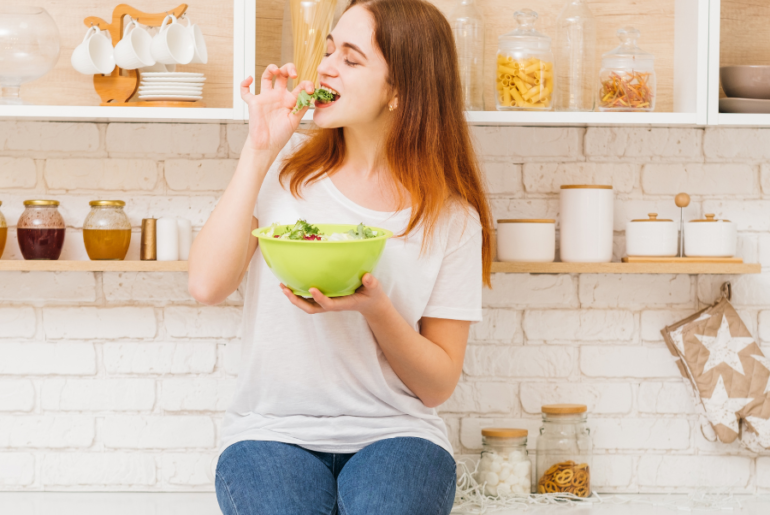

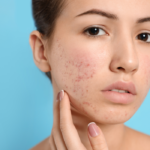
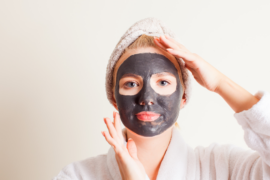
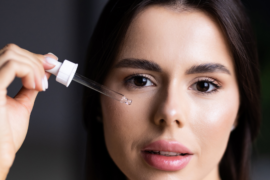



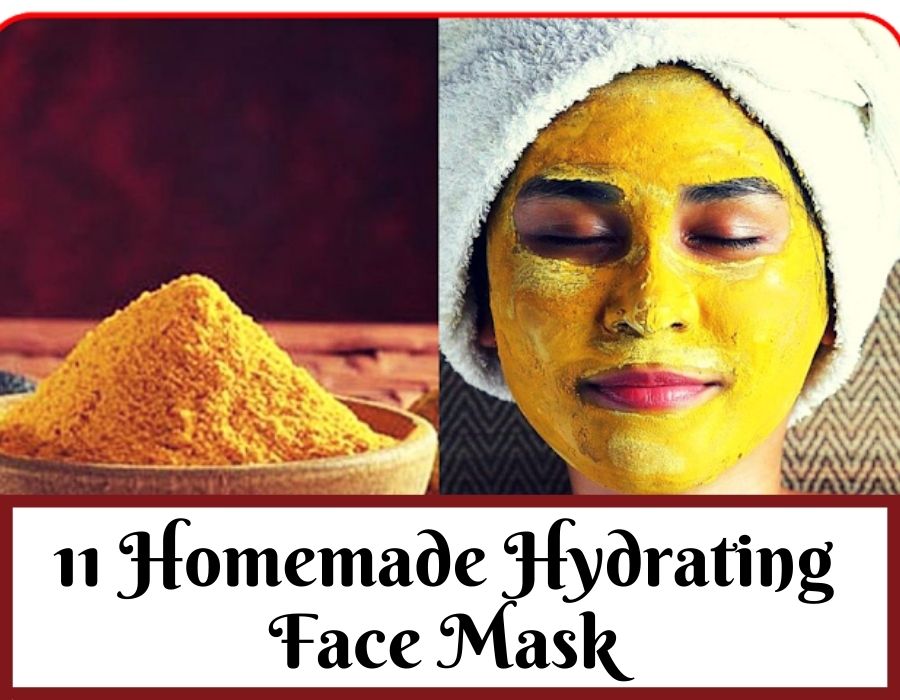
Comments are closed.